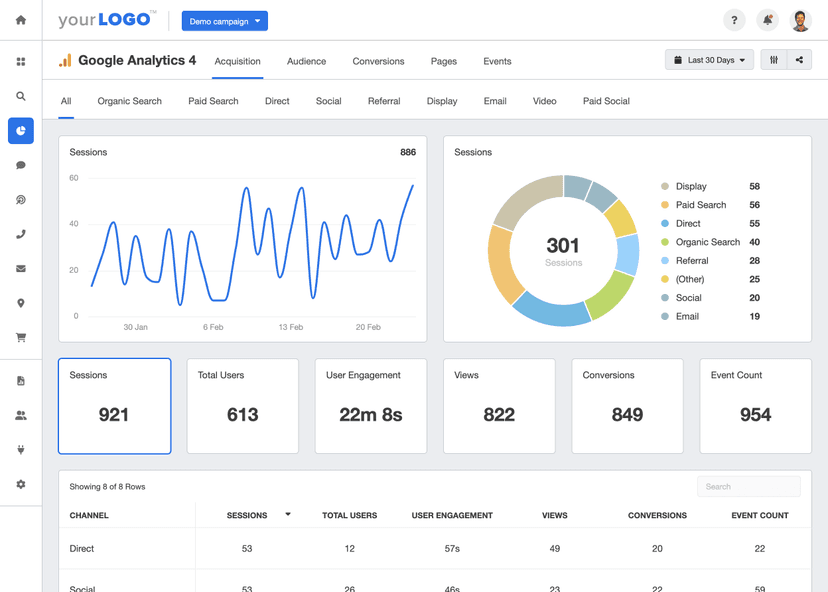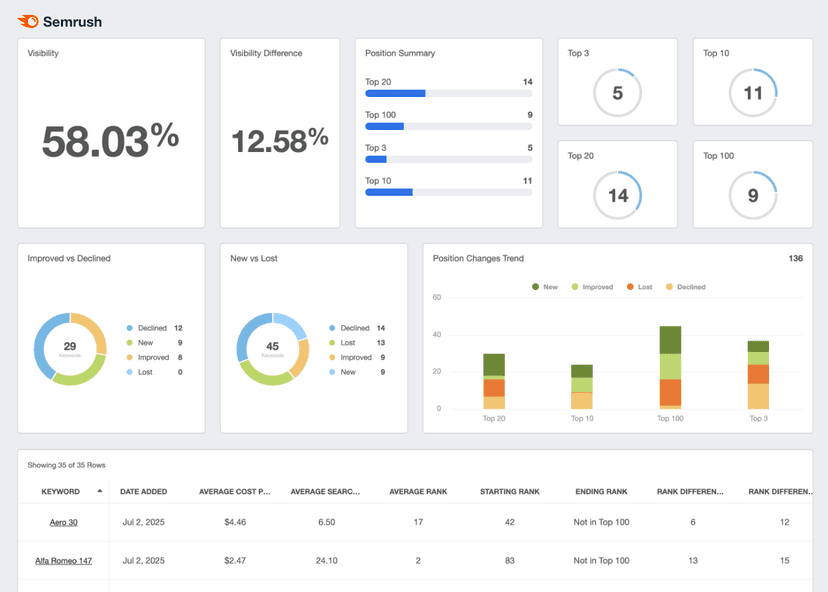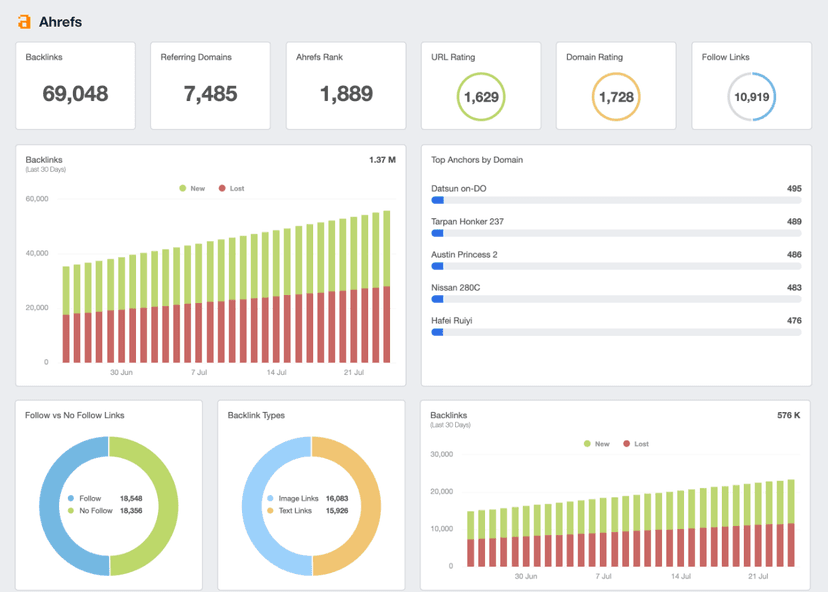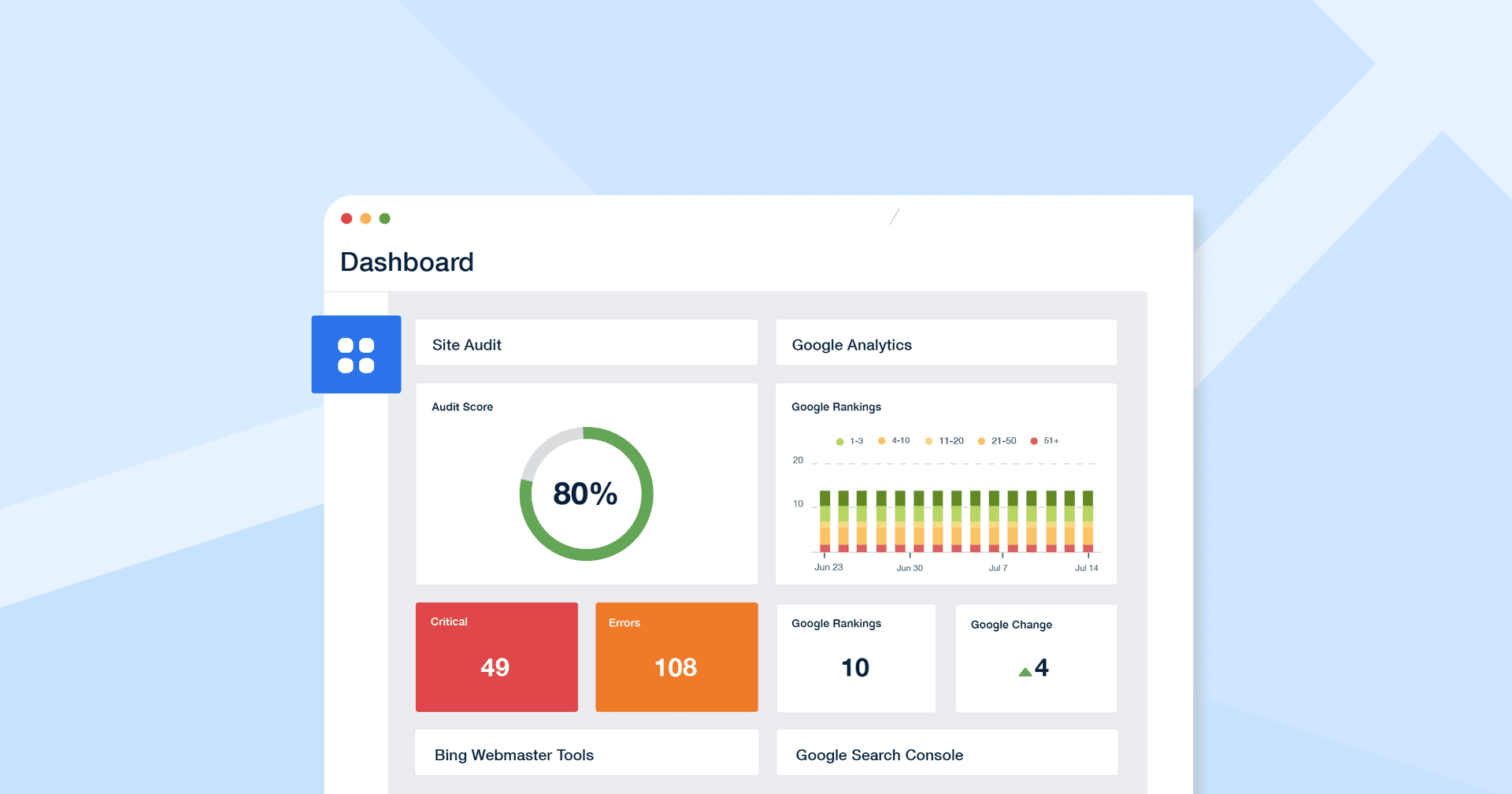Redirect Links
Campaign Analysis
Analyze the effectiveness of digital marketing campaigns using UTM tracking.
Client Reporting
Demonstrate the audience's journey from the initial click to the desired action.
SEO Optimization
Maintain SEO value during website restructuring, ensure continuity, and retain page rankings.
User Experience
Improve website navigation, reduce bounce rates, and enhance user experience.
Why Redirect Links Are Important
Redirect Links—either temporary redirects or permanent redirects—are vital for several reasons. Nobody likes seeing the dreaded Error 404 page, but as content on a website is constantly changing, it’s impossible to avoid removing or deleting pages.
A temporary redirect is helpful in situations where a page will be offline for a short period of time. Permanent redirects automatically transfer a visitor from the old URL to the new URL, maintaining a seamless user experience.
In general, HTTP redirects are crucial for maintaining website health, particularly during redesigns or domain changes, by preserving SEO value and link equity in search engines while ensuring a seamless user experience. Redirect Links, when combined with UTM tracking codes, also provide essential data for client reporting. This highlights the journey and actions of users, showing the tangible impact of an agency’s marketing strategies.
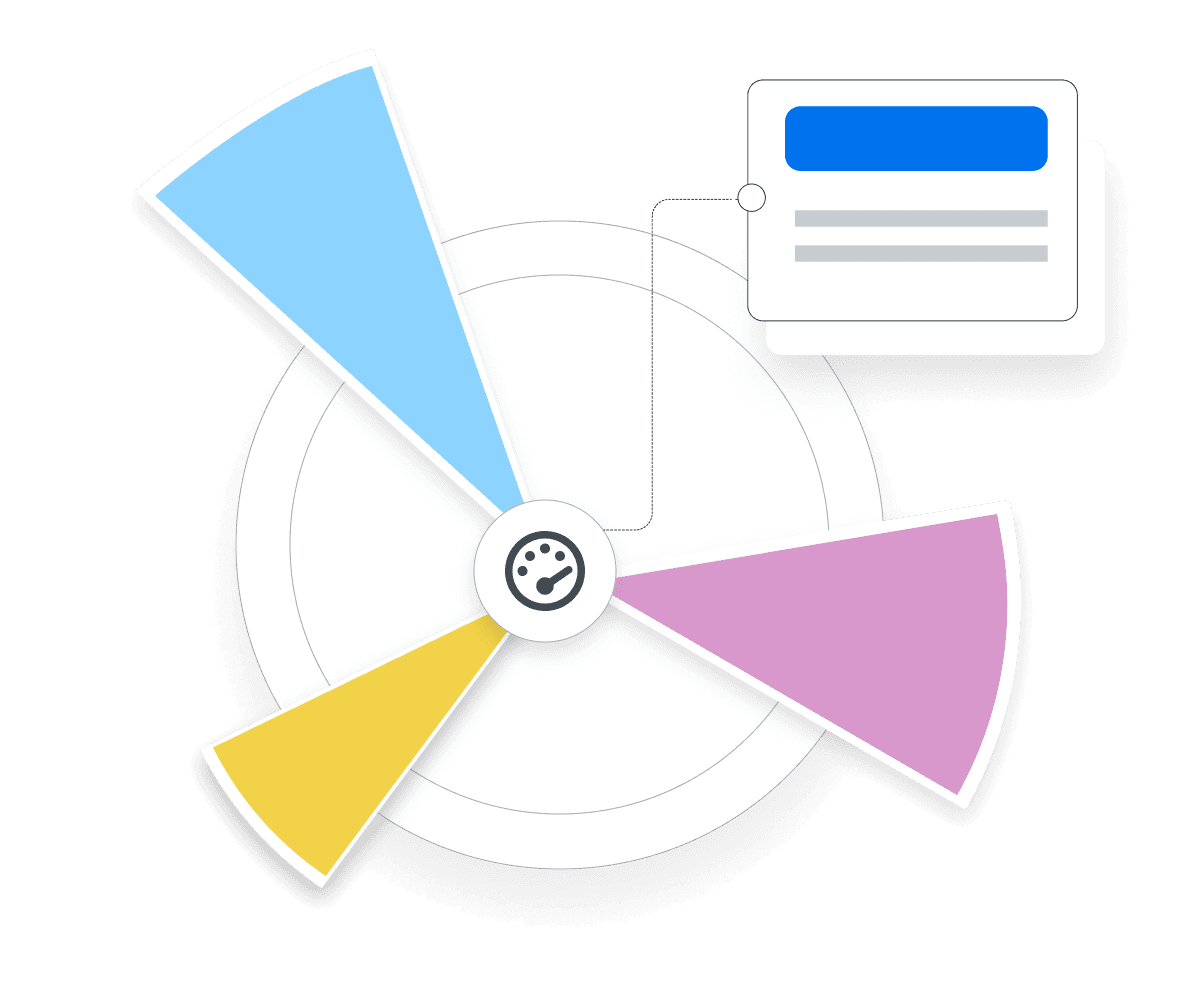
Stop Wasting Time on Manual Reports... Get SEO Insights Faster With AgencyAnalytics
How Redirect Links Relate To Other KPIs
Redirect Links interact closely with other KPIs. They directly influence Engagement Rate, Bounce Rate, and Session Duration by guiding users to relevant content and ensuring their interaction with a site doesn’t end with an abrupt “Oops, that page no longer exists!” message.
These internal links also play a role in Conversion Rate Optimization when used to send visitors from a marketing campaign or asset to a redirect target URL such as a landing page that encourages specific actions (i.e., purchases or sign-ups). Redirect Links are also instrumental in tracking the effectiveness of various marketing channels, helping determine which sources drive the most valuable traffic.
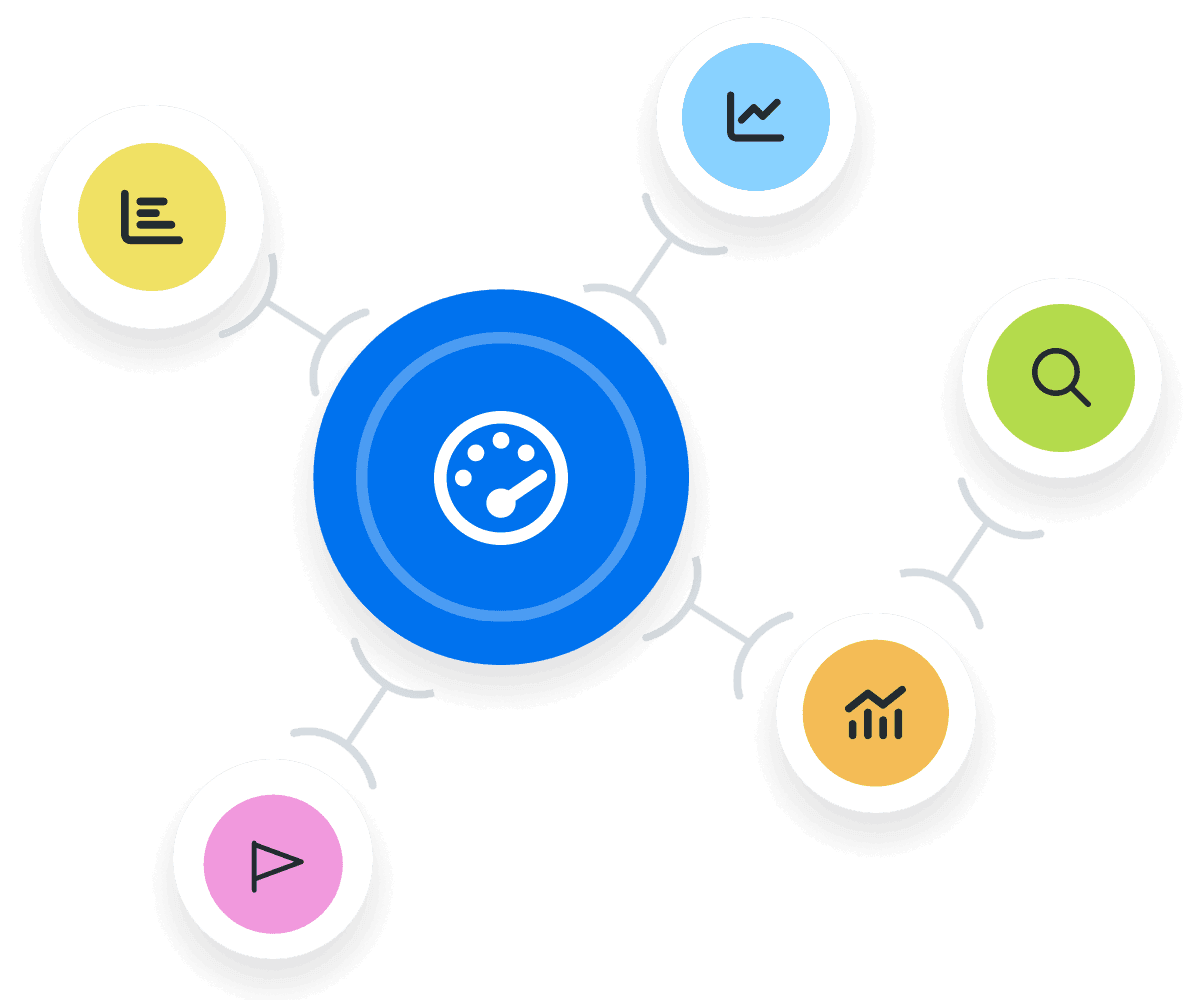
The Strategic Use of URL Redirects
URL redirects are a useful tool with two primary applications: enhancing UI/UX or SEO, and tracking marketing campaigns.
Firstly, URL redirects play a significant role in improving user interface and experience (UI/UX), along with SEO optimization. When a website undergoes changes such as URL modifications or content restructuring, these redirects are managed through web servers or server configuration files to ensure that users still find what they're looking for. Because redirects guide users–and search engine crawlers–to the new page, they also help preserve the site's SEO value.
Secondly, URL redirects are indispensable for tracking marketing campaigns. Digital marketers often use vanity URLs in campaigns, which automatically redirect to tracking URLs. This technique allows for detailed tracking of user engagement and campaign effectiveness without compromising on the simplicity and memorability of the URL.
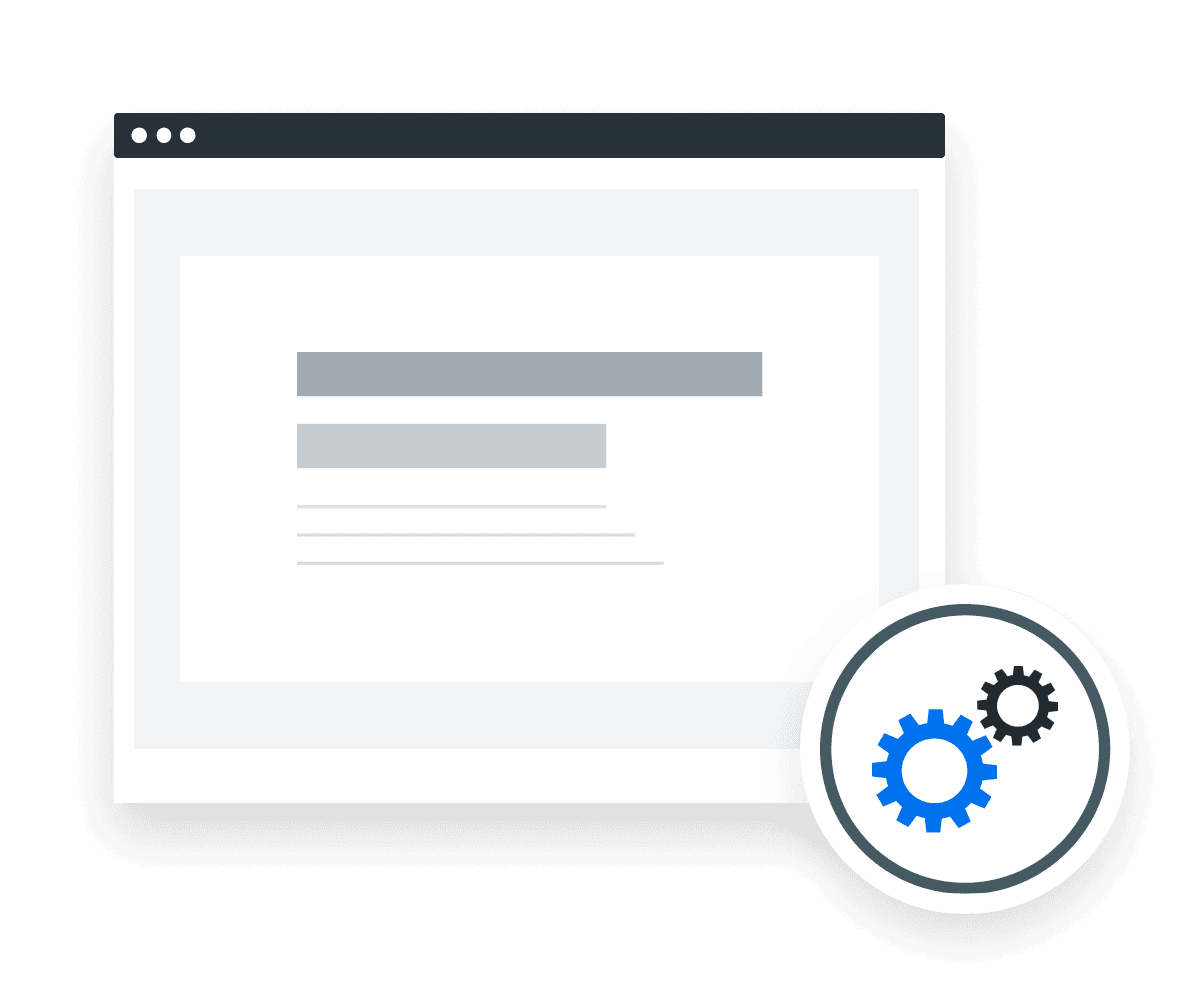
Key Factors That Impact Redirect Links
Several factors impact the effectiveness of Redirect Links. First, the relevance of the page to the original link plays a critical role. Users expect to land on the specific page matching their initial click's intent on the original URL in search results or on a web page. If the content at the new URL isn’t relevant, Bounce Rates and Exit Rates will increase.
The speed at which the redirected page loads is also critical. Slow loading times will lead to user frustration and a higher likelihood of leaving the site. Another key factor is the proper implementation of URL redirection. Incorrectly configured redirects lead to broken links, error messages, or redirection loops that negatively affect user experience and SEO performance.
Lastly, too many internal redirects negatively impact a site’s SEO health score. Redirected links on a company’s own website–either through an .htaccess file, javascript redirects, or meta refresh redirects–should be used as a temporary measure, and should be updated as soon as possible.
We use AgencyAnalytics to provide detailed analysis for our SEO clients, with the site audits and keyword tracking helping us demonstrate the value we deliver.
How To Analyze Redirect Links
To evaluate the effectiveness of Redirect Links, focus on metrics like Click-Through Rate (CTR), Bounce Rate, and Conversion Rate post-redirection. The CTR indicates the percentage of users who clicked on the Redirect Link out of the total who viewed it. A high CTR suggests that the requested URL is appealing or relevant to the audience. A lower Bounce Rate post-redirection implies the redirected page is relevant and engaging. Conversion Rate post-redirection assesses the percentage of users who take the desired action after clicking the redirected URL.
It’s also important to check with your favorite SEO site audit tool to monitor and correct internal links that hit a redirect, as those links should point to the new URL.
How To Set Redirect Links Benchmarks and Goals
A good performance level is characterized by high Click-Through Rates and low Bounce Rates. This indicates effective URL forwarding and relevant content on the landing page to which the user is automatically redirected. In contrast, the sub-par performance of an automatic redirect is marked by low Click-Through Rates and high Bounce Rates, suggesting the destination URL is poorly placed or the new page contains irrelevant content.
To set benchmarks and goals for Redirect Links, look back at historical data and aim to make improvements in CTR and Bounce Rates consistently over a set period of time.
Why Redirect Links Matter to Clients
Redirect Links are essential for clients as they offer direct insights into the effectiveness of marketing campaigns (especially when using UTM parameters), and ensure that visitors don’t miss out on accessing the most up-to-date content available.
Redirect Links also lessen the negative impact of broken or old links on Engagement and Conversion Rates. Looking at Redirect Links allows clients to see a clear representation of how marketing efforts are helping their bottom line.

Why Redirect Links Matter to Agencies
For agencies, Redirect Links are a valuable tool for demonstrating strategic expertise when building marketing campaigns for clients. The ability to create redirects and seamlessly assist users in navigating between an old page and a newer URL shows an agency's ability to impact user behavior and drive conversions.
The effective use of Redirect Links showcases an agency's skill in enhancing user experience and meeting client objectives by boosting SEO health scores, improving engagement, and reducing Bounce Rate.

Save Time and Money by Automating Your Client Reporting
Best Practices When Using Redirect Links
Redirect Links, if not implemented wisely, may lead to issues like broken links, poor user experience, and may even negatively impact search engine rankings. Proper use of redirects ensures seamless navigation for users and maintains the integrity of tracking data for marketing campaigns. It’s about striking the right balance between user experience, SEO optimization, and accurate campaign tracking.
Test URL Redirects When Launched
Always check a new URL redirect to ensure it behaves as it should and resolves to the correct page, with any tracking codes you may have added.
Check Redirect Files Regularly
Regularly check your Redirect Links to ensure they work correctly and make adjustments as needed. Most SEO audit tools will help identify broken redirects or internal links that point to a redirect.
Default to Server-Side Redirects
Use server-side redirects instead of a javascript redirect for better control and efficiency. They are processed on the web server, ensuring faster and more reliable redirection than client-side methods.
Avoid Redirect Loops and Chains
Keep redirect chains short. Too many sequential redirects slow down page load times, negatively impact SEO, and result in users getting stuck in a never-ending redirect cycle.
Be Aware of Lost Attribution
Incorrectly implemented redirects may lead to lost referral or campaign data, making it hard to accurately track the source of traffic and the effectiveness of marketing efforts.
Use the Correct Redirect Type
For temporary changes, use 302 redirects as they don’t pass on link equity. Implement 301 redirects for permanent URL changes to transfer SEO value from the old URL to the new one.
Rank Tracker Dashboard Example
Related Integrations
3 Tips For Efficient URL Redirects
Redirect Links demand careful monitoring and optimization to enhance user experience and campaign efficiency.
Update Redirects After Site Changes
Whenever changes are made to a website's structure or content, it's important to review and update the redirects.
Consolidate Duplicate Pages
Use redirects to consolidate duplicate content, strengthening SEO by focusing all user traffic and link equity on a single, authoritative page.
Keep Users Shopping
Instead of leaving a discontinued product or a 404 page live, redirect users to a relevant category page or a new and improved version of the product.
Related Blog Posts
See how 7,000+ marketing agencies help clients win
Free 14-day trial. No credit card required.


